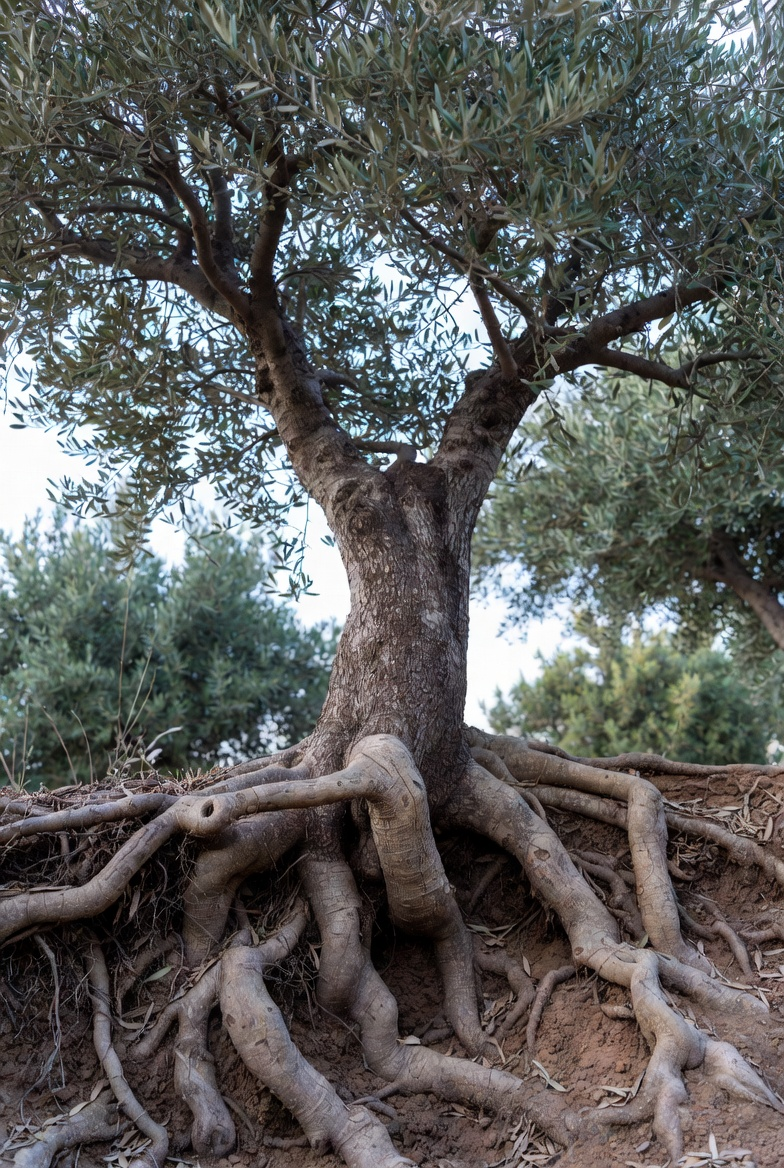| 49 Faaa we stopped at a house reported to us to be the residence of Mormons. They were very friendly, gave us cocoanut [coconut]-milk to drink, and furnished us a guide to show us the Mormon missionary (all preachers here are called missionaries). We now found Bro. David Brown, who speaks good sailor English; and through him we soon found the rest of a devoted little branch of the church.
We can not find words to convey to you an adequate idea of the joy of these Saints in beholding us; it had been so many years since they had seen a white elder; and our coming was so unexpected. Bro. Brown is an East Indian; learned his English on board a whaler, and has been here for about ten years. He is a very influential man in the church at Tahiti, though he holds no presiding authority. After introducing us to the Saints he took us to his own house, which he appropriated to our use, and which remained our headquarters during our stay.
All was now excitement in Tiona; a meeting was called for three o'clock in the afternoon; the traditional yellow-legged chicken was duly prepared for our benefit, and at one o'clock in the afternoon we broke our fast on fried chicken, boiled breadfruit, cocoanut [coconut]-milk, etc.
We were quite surprised at the neatness of everything around us; the floor, and the large mats which covered it, answering the purpose of a carpet; the table-cloth and bed were scrupulously clean, reconciling us at once to the (to us) novel manners and customs of our Polynesian Tionars.
The Saints' meeting-house at Tiona is a bamboo structure; is well situated; is comfortably seated; is furnished with a bell, a pulpit, and a communion-table. There is an entrance at each end of the building-one for the brethren-the other for the sisters' use.
At three o'clock we commenced our meeting. The society has a well-trained choir, with Sr. Pipi as leader; Bro. Reipu (pronounced Ra-epoo), her husband, leads the bass. When the hymn was given out the congregation arose and heartily joined in with the choir in a well-executed piece of music. The peculiar accentuation of the language gives character and style to the music; and its novel yet pleasing harmonies corresponded with all our strange surroundings, and excited emotions within us not easy to describe.
After prayer and the singing of the second hymn, we explained to them the history of the church; the death of Joseph the Martyr; the subsequent wickedness and scattering of the people; and finally the Reorganization, with young Joseph at the head.
One peculiarity we noticed was, that they had brought their Bibles with them, and when we incidentally made reference to the writings of the prophets or apostles, these Bibles were at once opened and the quotation examined.
We showed how singularly God had ordered events to bring us to Tahiti, and for a purpose, too, which all could see; and advised them to at once recognize the Reorganization, and labor under the leadership of Joseph.
(page 49) |


